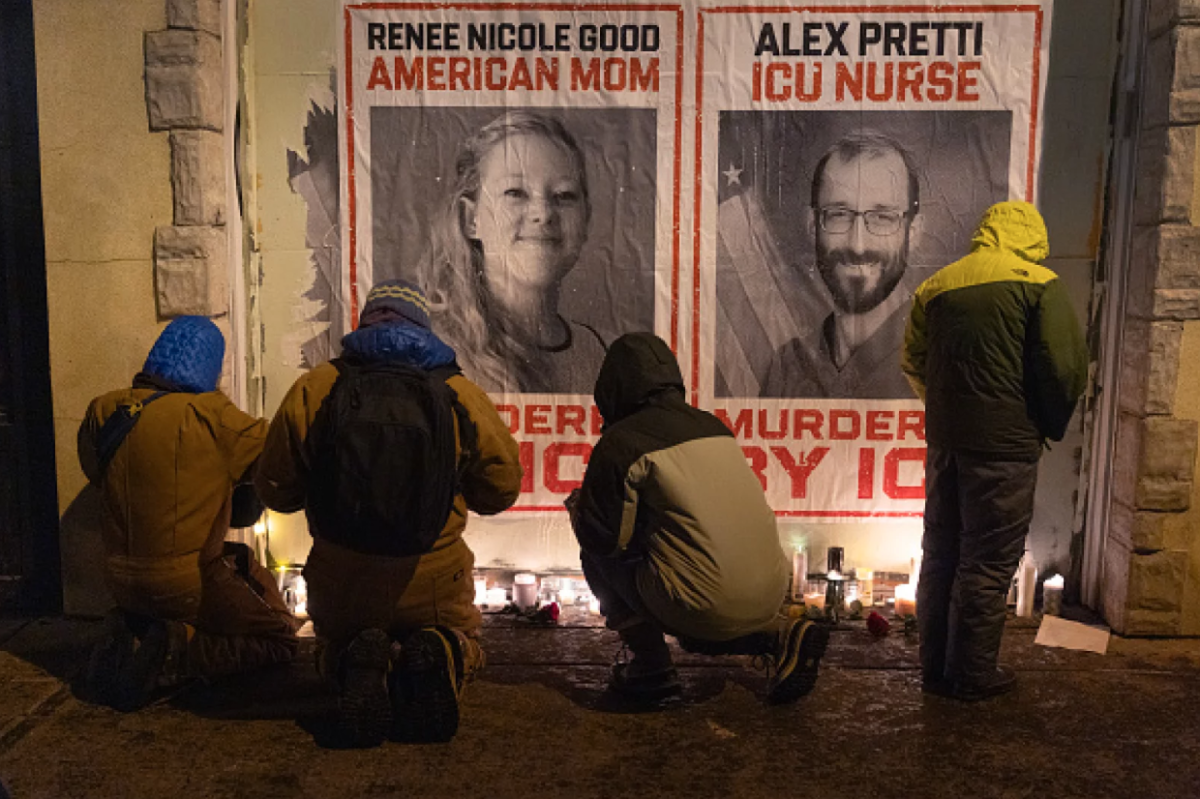The fight between President Trump and the most prestigious university in the country started in April, however the root of it started in 2023 when Pro-Palestine supporters from Harvard took matters into their own hands and started to protest about the conflicts in the Middle East between Israel and Palestine. Trump used the protests to call out Harvard for their lack of concern towards antisemitism. His claims created a direct line for conservative groups as well as politicians to complain and criticize the school. In response, Harvard decided to create a task force that disciplined violators and created stronger resistance to harassment and abuse. The school created tighter bans on protests and encampments on school property. Despite Harvard’s new anti-bullying rules and expanding inclusion for Jewish students, the Trump administration claimed that there were off campus protesting and antisemitism movements, so they threatened to cut billions of dollars of research funding at Harvard.
This leads into mid-April when Harvard expressed gratitude for the administration’s concern about antisemitism but that they believed cutting funding was an extreme and would ultimately lead to more harm to Jewish students. The administration’s pressure resulted in similar demands and threats that worked on other universities, however Harvard did not comply and became the first university to sue the administration. Harvard claimed it is violating the First Amendment as they stood their ground against Trump. Later the Department of Homeland Security even threatened to restrict the university from participating in the Student and Exchange Visitor program. Through it all, Harvard stood their ground about the administration violating the First Amendment and on April 23rd, the school asked a federal judge to step in. Five days later, both sides met in front of a US district court judge where the judge set July 21 to be the day for oral arguments. Since Harvard did not request for the immediate end of the funding freeze, it will stay the same until the final ruling or if the administration decided to end it beforehand.
The threats did not cease when May rolled in with Trump reinforcing his earlier statements about the school, and the administration announcing to end federal research grants toward the school on May 5. The never ending fight continued as another freeze of around $450 million of federal funding was made. A day after the additional cuts on funding, on May 14, Harvard’s President Garbar voluntarily took a 25% pay cut, displaying his cemented stance and how far he’d go for his school. More cuts and restrictions were placed on Harvard in late May, including the stoppage of international students enrollments and more tax cuts. On May 23, the school sued the Trump administration once again, however just three days later Trump outwardly claimed to cut $3 billion in federal grant money and transfer it to trade schools in the country since Harvard “couldn’t handle” the anti-Israel protests. While Trump made more suggestions about the number of international students at Harvard, President Garbar received a minute long standing ovation at the school’s graduation ceremony. Most recently, on July 4, Trump signed a proclamation that suspends international visas for upcoming students.
The ongoing battle between the national government and the school is ramping up each day with the administration becoming tireless with their efforts and the university becoming all the more ready to fight. It’s doubtless to say that Harvard’s fight against Trump and his administration is far from over and with President Garbar leading the most prestigious of schools, they will not roll over and abide by the administration just because they say so.
The conflict between Trump and Harvard does not just affect current students at the school, it also affects high school students who are thinking about applying for colleges in the near future. A student at HHS, Emma Holmes said, “I know I still have plenty of time to start applications for college but I still think about where I want to go a lot and what schools have the best reputations and programs.” Similarly, another HHS student, Gabby Richton voiced, “College is always on the forefront of my mind since everything students do add up to their resumes.” Both students expressed how they think about college often and how the reputation and history of schools play a role in applications, however if the administration goes on with their conflict with Harvard in the way that it is, then there might not be a school for many students to even apply to. Though teenagers might not be in college yet, they still hear and follow the news, and if they see the US government starting a conflict with the country’s most distinguished school then that will not reflect the country well.

































